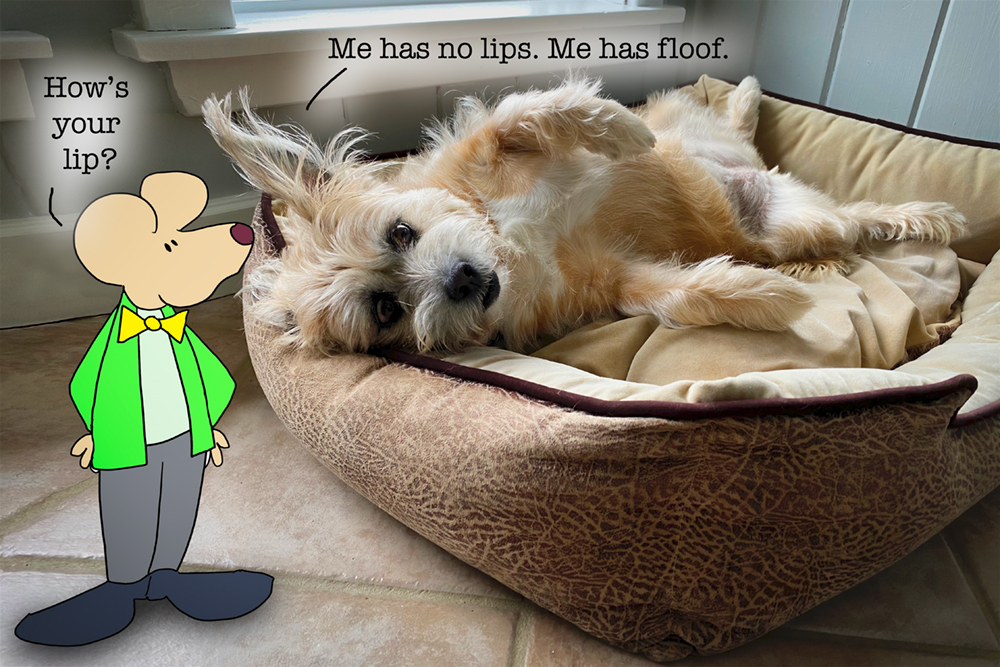
Those memes. I just saw one on Facebook the other day. It was a series of reflections on growing up during the 1970s and 80s. Hilarious. Anyway, one of the memes showed all these people in quicksand trouble, and the caption read, “When I was a kid, I thought that quicksand was going to be a much bigger problem than it is.”
I had to laugh out loud. It is true. When I was growing up, everyone in movies and TV shows found themselves in a perilous quicksand situation. My sister and I — as Batman and Robin, or Daniel Boone and Davey Crockett — consistently found ourselves sinking in the stuff, as we laid on the living room floor, screaming for help. But as it turns out, the meme was correct. I have yet to encounter any quicksand in my lifetime. Apparently, in the United States, there are some occurrences in Southern California. Another reason, besides the earthquakes, I don’t have to return to southern California any time soon.
I was thinking about quicksand because I was reading the headlines this morning. They are bleak. Discouraging. Intimidating. Okay, let’s face it. They are downright scary. The more I read, the further I sank. But I took a deep breath and said, “Polly, keep your chin up.”
And then I wondered if quicksand, or drowning, was tangled in the origins of that phrase — “keep your chin up.” As with most origins of sayings, their past is as clear as quicksand.
From what I found the origin of the expression ‘keep your chin up’ came about during the late 19th to early 20th century America. The first printed reference comes from an October 1900 edition of the Pennsylvania newspaper called “The Evening Democrat.” That phrase appeared this way: “Keep your chin up. Don’t take your troubles to bed with you – hang them on a chair with your trousers or drop them in a glass of water with your teeth.” But what does my chin have to do with my trousers?
Not very helpful. Fine. I won’t keep my chin up until I know for sure where it came from. In that case, I better keep a stiff upper lip. Of course, now that meaning must be discovered.
To keep a stiff upper lip means to be stoic. It means to keep the appearance of fortitude and restraint. When we keep that lip stiff, we hold our emotions in check. Especially when we are doing something emotionally difficult, unpleasant, or that involves adversity. Like Lurch, on The Addams Family.
The unemotional deadpan. We first find the expression gaining popularity in a novel by P.G. Wodehouse, called “Stiff Upper Lip, Jeeves.” It was published in 1963. It always sounds so British.
But the first printed occurrence comes much earlier and from America, of all places. In the Massachusetts Spy, June 1815:
“I kept a stiff upper lip, and bought [a] license to sell my goods.”
This tells us nothing, really.
So. We could just “bite the bullet” or “face the music” or worst-case scenario, “pay the piper.”
Because every time we read the news, it seems like it really has us “over a barrel.” Now that’s a phrase, for you.
To have someone over the barrel means to have someone totally at your mercy. It is a nautical term, which surprised me. It derives from the practice of placing a drowned, usually unconscious person over a barrel, in an attempt to clear their lungs of water. Of course, then, the fate of the “patient” was determined solely “by the actions of those administering the treatment.” At their mercy.
Mercy. Again. Such a good word. Compassion or forgiveness shown toward someone, performed out of a desire to relieve suffering. Yes, a very good word, a truly good thing. Grace, humanity, kindness.
We all need a little help right now, in keeping our chins up and bearing those stiff upper lips. I hope we can all remember compassion in this. That we are in this world together, trying our best to make our way.

========
“Be kind, for everyone you meet is fighting a harder battle.”
― Plato
=========
“Compassion is the basis of morality.”
― Arthur Schopenhauer
=========
“Our task must be to free ourselves… by widening our circle of compassion to embrace all living creatures and the whole of nature and it’s beauty.”
― Albert Einstein
==========